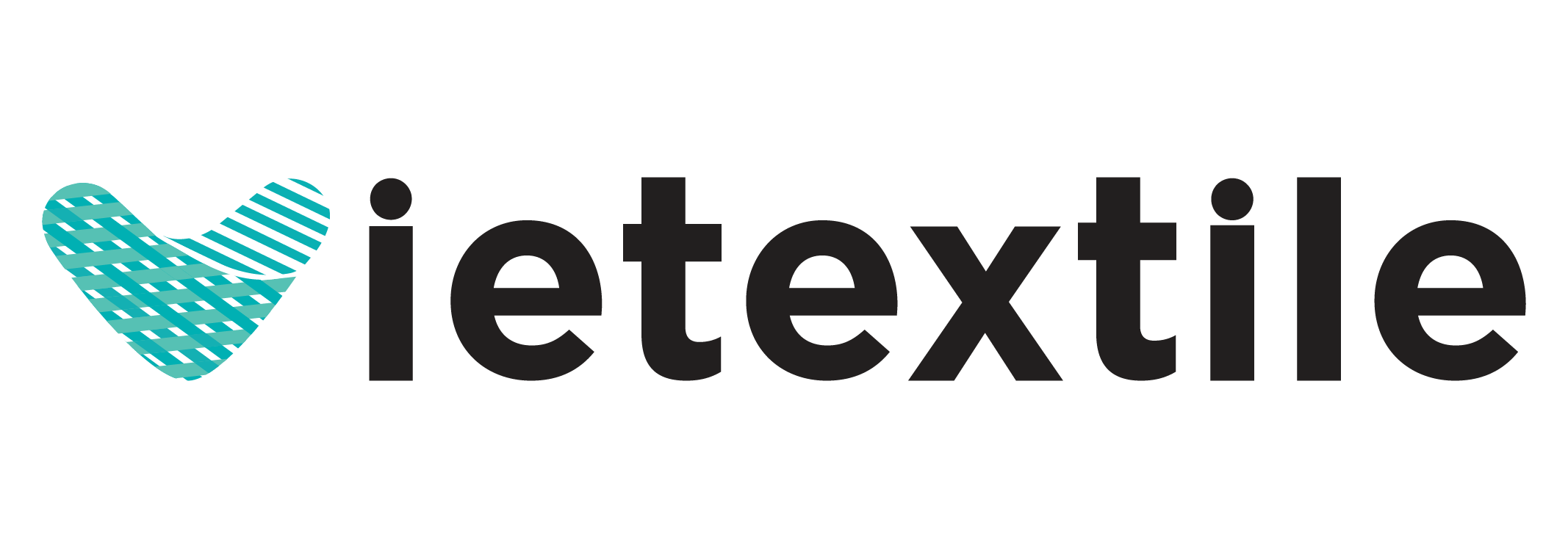The industrial weaving machine supply market today is vast, with numerous models offering a range of functions and applications. However, selecting the right machine that matches the fabric type and production scale of a business is far from simple.
1. Identify the Fabric Type
Nội dung tóm tắt
Toggle
In modern textile manufacturing, industrial weaving machine supply is more than just selling equipment—it involves offering solutions that enhance productivity, ensure consistent quality, and reduce costs. To choose the right weaving machine, users must understand the type of fabric they aim to produce and the scale of operation.
1.1 Machines for Woven Fabrics
Woven fabrics like khaki or protective textiles require high precision and durability. For these, the industrial weaving machine supply should focus on shuttle or rapier looms, which offer adjustable thread density, tension control, and tight weaving structure.
1.2 Machines for Knitted Fabrics
Knitted fabrics are soft and stretchable, best suited for circular or computerized knitting machines. Suppliers involved in industrial weaving machine supply should prioritize equipment that can manage complex knitting patterns, circular speeds, and programmable features.
1.3 Machines for Mesh and Specialty Fabrics
Mesh, technical, or specialty fabrics like waterproof materials require specific machinery. Industrial weaving machine supply should include options with tension sensors, fabric perforation systems, and elasticity controls to meet high precision and specialized functionalities.
2. Consider Production Scale
Depending on the production scale, industrial weaving machine supply must be tailored to each operational level, from small workshops to large-scale factories.

2.1 Small-Scale Production
For small businesses, selecting weaving machines should prioritize flexibility, cost-efficiency, and ease of use. Semi-automatic or table-top weaving machines are good options due to their simple structure, easy installation, fast maintenance, and minimal skilled labor requirement. Choosing suitable equipment for small-scale use also helps optimize initial investment while remaining adaptable to medium-volume orders.
2.2 Large-Scale Factories
Factories operating on a large scale with professional production lines should invest in fully automated weaving machines. These machines not only ensure high weaving speeds with repeatable accuracy but also integrate smart maintenance systems, data connectivity, and automatic adjustments based on orders. This significantly enhances operational efficiency, reduces technical errors, and saves labor costs.
3. Analyze Performance and Operating Costs
Before investing in machinery, businesses must evaluate the role of performance and long-term operating costs. Not every machine ensures sustainable efficiency, so the choice should factor in more than just upfront pricing.

3.1 Production Performance
Beyond initial costs, companies should assess how machines contribute to productivity. Modern industrial weaving machine supply includes models with digital controls, smart sensors, and automation—features that enhance production speed, reduce downtime, and deliver consistent fabric quality.
3.2 Operating and Maintenance Costs
Low operating costs are critical. The ideal industrial weaving machine supply offers machines that consume less power, require minimal spare parts, and offer easy maintenance. In contrast, outdated or cheap machines often incur higher costs through frequent repairs and energy consumption. It’s crucial to balance short-term investment with long-term operational savings.
4. Synchronization with Other Processes
Weaving machines must integrate seamlessly with other stages like dyeing, finishing, and internal logistics. When these systems share compatible specifications—from fabric roll diameter to digital data exchange—workflow becomes smoother, conversion time shortens, and unplanned halts are minimized.
In the era of smart manufacturing, industrial weaving machine supply capable of ERP or MES connectivity is essential for real-time order management, quality control, and operational agility.
5. Choose a Reliable Industrial Weaving Machine Supplier
Before making a decision, evaluate the supplier’s industry experience, client portfolio, transparency in quotations, and after-sales service. A reputable supplier offers not just product advice but also long-term support through installation, training, maintenance, and tech upgrades.
For example, VieTextile leads in importing and distributing genuine weaving machines from global brands. With experienced engineers and a complete support system, VieTextile ensures top equipment quality, competitive pricing, and comprehensive after-sales service.
Choosing the right industrial weaving machine supply partner is not just a purchase—it lays the foundation for long-term competitiveness.
6. Frequently Asked Questions (FAQs)
1. Do industrial weaving machines require manual operation? Yes, some semi-automatic or manual models need human operators. However, modern machines feature high automation, reducing human involvement.
2. Does VieTextile offer installation and maintenance support? Yes. VieTextile provides full-service packages including consultation, installation, technical training, and long-term maintenance.
3. How often should weaving machines be serviced? Depending on usage, maintenance is recommended every 3–6 months to ensure performance.
7. References & Contact
- Discover the Best Industrial Weaving Machines Available Today
- How to Choose Genuine Industrial Weaving Machines
- Vietnam Rises to Second in Global Textile Exports
Need help selecting the right industrial weaving machine supply for your business? Contact us today:
- Hotline: 0901 809 309
- Email: info@vietextile.com
- Website: https://vietextile.com

